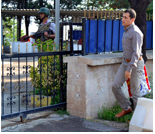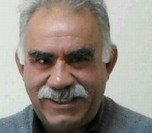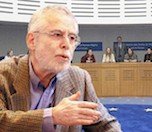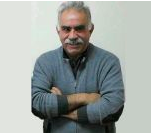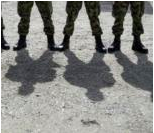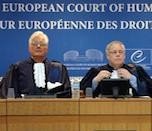Turkey to Pay 25,000 Euros to Öcalan
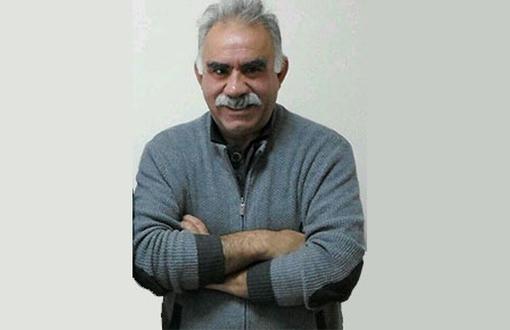
The European Court of Human Rights (ECHR) issued a verdict on the various applications of Abdullah Öcalan, PKK leader. The aforementioned applications concerned his “aggravated” life sentence in İmralı Prison submitted by Öcalan’s attorneys in 2003, 2004, 2006 and 2007.
Relying on Article 3 (prohibition of inhuman or degrading treatment), Öcalan’s attorneys complained about their client’s social isolation in the prison on the island of İmralı and his sentence of life imprisonment without any possibility of release. Under Article 8 (right to respect for private and family life), they also complained of restrictions on Öcalan’s telephone communications, on his correspondence and on visits from his relatives and lawyers.
Lastly, relying on Article 2 (right to life), Öcalan’s lawyers alleged that he was gradually being poisoned in prison.
As regards the period subsequent to 17 November 2009, the Court found that Öcalan had not attained the minimum threshold of seriousness required to constitute inhuman treatment and there had not therefore been a violation of Article 3. The verdict was held by four votes to three.
No punishment for excuses like “boat not working”
On the other hand, ECHR held that Öcalan’s social isolation had not been total but partial and relative in respect of the period prior to 17 November 2009. Neither could he be regarded since that date as having been held in serious social isolation. The ruling was held by six votes to one.
By four votes to three, the court held that there had been no violation of Article 8 (right to respect for private and family life).
Having regard in particular to the arrival of other detainees at the İmralı prison after November 2009 and to the increased frequency of visits, it came to the opposite conclusion as regards his detention subsequent to that date.
“As regards the period subsequent to 17 November 2009, the Court found that, having regard in particular to the transfer of other prisoners to İmralı island, to the significant improvement in his communication and activities with the other inmates, to the increase in frequency of visits and the provision of facilities that had alleviated the effects of his relative social isolation (telephone calls since 2010 and a television set in his cell since 2012), the conditions of detention imposed on Mr Öcalan had not attained the minimum threshold of seriousness required to constitute inhuman treatment and there had not therefore been a violation of Article 3,” the verdict said.
No conditional release found guilty
Unanimously, the court held that there had been a violation of Article 3 as regards Öcalan’s sentence to life imprisonment without any possibility of conditional release.
Unanimously, the court held that there had been no violation of Article 7 (no punishment without law) as Öcalan’s attorney made claims related to prison visits.
ECHR also found the “attempt to poison Öcalan” unacceptable.
The court didn’t rule any compensation for non-pecuniary damages as the applicant didn’t make any related demands.
However, the court ordered Turkey to pay Mr Öcalan 25,000 euros in respect of costs and expenses.
Gül: A detailed analysis is needed
Responding to press inquiries yesterday, President Abdullah Gül said the following on the ECHR verdict:
“I saw the ECHR verdict this morning, however experts need to work closely on the document. We should talk about it after that.” (AS/BM)
bianet submits shadow report to UN Human Rights Committee

Imprisoned lawyer exposes use of disciplinary investigations to pressure political prisoners

Tap water ‘smells of bleach’ in Muğla prison

Censorship on a letter from prison describing hunger

Prisoner on hunger strike: 'I am alone without sunlight'






